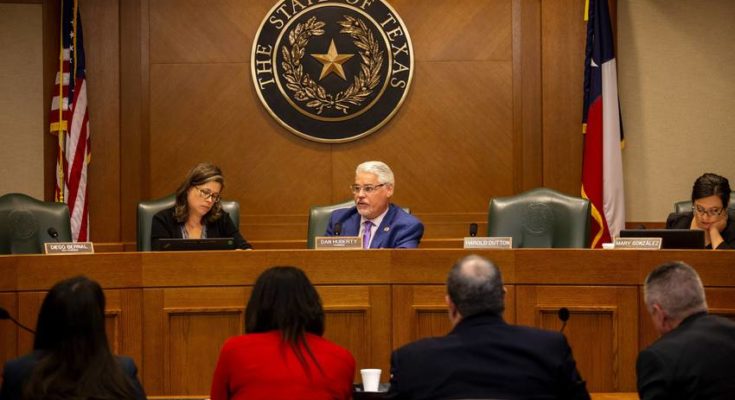Following quite a while of harsh banter about whether ethnic thinks about courses are racially disruptive, the Texas State Board of Education seems ready to favor its first African American studies course one year from now.
The 15-part board, which is answerable for setting curriculum standards and embracing reading material for Texas state schools, got notification from many students, teachers and advocates at a formal review Wednesday, most who supported the new course.
“We will be passing this,” said board part Pat Hardy, a Fort Worth Republican.
The board’s appearing agreement denotes an enormous move: In 2014, numerous Republicans opposed a proposition to make a Mexican American investigations course, contending it would isolate rather than join understudies. Strong herself was a doubter, saying: “We’re not about Hispanic history; we’re about American history.”
Throughout the following a while, the board will make educational plan benchmarks for the course dependent on a current class in the Dallas Independent School District, and is relied upon to take a last vote in April. It’s a similar procedure the board used to endorse a Mexican American examinations course a year ago, in view of a current course in Houston ISD.
Hardy told to The Texas Tribune on Wednesday that she has consistently been a defender of ethnic thinks about. She said the planning in 2014 was not directly for a Mexican American investigations course in light of the fact that the load up and its staff didn’t have the opportunity to assemble a lot of necessities for it without any preparation.
Board part Ruben Cortez, the Brownsville Democrat who previously proposed the Mexican American examinations course in 2014, has an alternate hypothesis for the difference in heart: “After that long drawn-out five-year fight to get Mexican American studies approved, [Republicans] don’t want to deal with it anymore.”
It’s likewise conceivable that searing discussions could reignite when board individuals meet next January and April to talk about educational program models for the new course.
Georgina Perez and Aicha Davis, the two Democrats on the board, made the Dallas ISD class, which is a complete overview of African American legislative issues, culture, and history, starting with pre-pilgrim African human advancements and consummation in the cutting edge period.
Quardasha Mitchell, a lesser at Trinidad Garza Early College High School in Dallas ISD, told the board Wednesday that she used to sit in social investigations classes and miracle why she was finding out about a similar dark pioneers again and again: Harriet Tubman, Rosa Parks, Martin Luther King.
In the first semester of the Dallas ISD African American investigations class, she stated, she’s adapted more than she ever has in different courses. “Too much of our history has been concealed and it seems as if my ancestors were just people who worked on plantations and picked cotton,” she said.
At Wednesday’s formal conference, defenders of the course, a large portion of them dark and Hispanic, ran through arrangements of the authentic occasions and social pioneers excluded from standard social investigations and history courses. They said understudies of shading who find out about their social history are bound to be roused in school, refering to considers indicating the scholarly and social advantages of ethnic studies classes.
About 40% of understudies as of now taking the Dallas class are Hispanic, said Leslie Williams, Dallas ISD’s vice president of racial value.
At the meeting, Dallas ISD secondary school students as of now taking African American examinations classes remained in their naval force blue school garbs and waved their hands noticeable all around as they praised cohorts who ventured up to the platform to address the board.
“We were supposed to learn about American history yet there’s a lot of information being forgotten and left in the shadows,” said Taylor Ellingberg-McLeod, a student at Trinidad Garza Early College High School. “It is unfortunate I have to work so hard to get a basic understanding of where I came from.”
Disclaimer: The views, suggestions, and opinions expressed here are the sole responsibility of the experts. No Just Examiner journalist was involved in the writing and production of this article.




